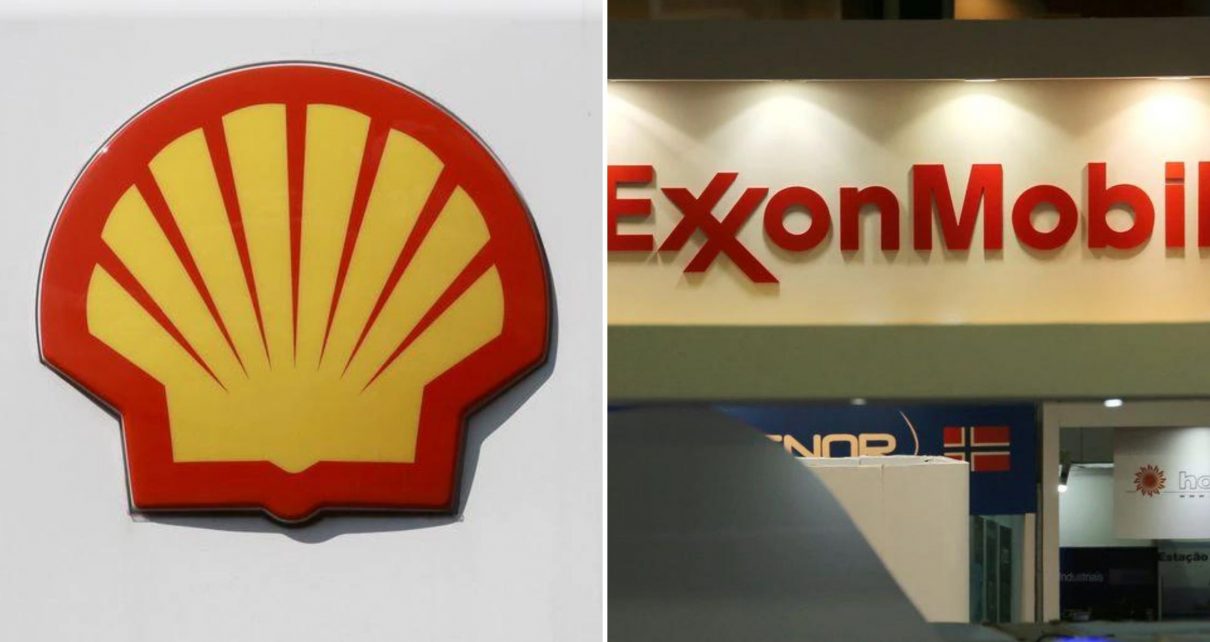A U.S. appeals court on Friday granted Exxon Mobil Corp and Royal Dutch Shell Plc affiliates leave to enforce a part of a ₦747 billion ($1.8 billion) arbitration award against the Nigerian National Petroleum Corporation (NNPC), in a dispute concerning oil extraction near the African country’s coastline.
In a 3-0 decision, the 2nd U.S. Circuit Court of Appeals in Manhattan said a lower court judge erred in rejecting the entire October 2011 award, which by 2018 had grown to $2.67 billion including interest, against NNPC.
It said the judge should have determined which parts of the award had been deemed enforceable by a Nigerian appeals court.
Reuters reports that lawyers for the companies did not immediately respond to requests for comment.
Following the arbitration ruling, Exxon and Shell sought to enforce their award in Manhattan while NNPC sought to set it aside in Nigeria.
In Friday’s decision, Circuit Judge Susan Carney said Exxon and Shell did not prove that setting aside part of the award violated public policy, and said U.S. courts should not second-guess Nigerian courts’ substantive views on Nigerian law.
But she said the Nigerian judgments were “ambiguous” as to how much of the award was set aside, and more fact-finding was needed.
Friday’s decision partially reversed a Sept. 2019 ruling by U.S. District Judge William Pauley in Manhattan.
The case is Esso Exploration and Production Nigeria Ltd et al v Nigerian National Petroleum Corp, 2nd U.S. Circuit Court of Appeals, Nos. 19-3159, 19-3361.
In September 2019, U.S. District Judge William Pauley rejected Exxon Mobil Corp’s XOM.N and Royal Dutch Shell Plc’s effort to revive a $1.8 billion arbitration award against NNPC, which stemmed from a dispute over a 1993 contract to extract oil near the African country’s coastline.
U.S. District Judge William Pauley in Manhattan cited public policy and due process considerations in deciding not to enforce the October 2011 award against Nigerian National Petroleum Corp (NNPC), which was subsequently set aside by courts in Nigeria.
“While this court may have inherent authority to fashion appropriate relief in certain circumstances, exercising that authority to create a $1.8 billion judgment is a bridge too far,” Pauley wrote in a 50-page decision.
The companies said in November 2018 that the award had grown to $2.67 billion, including interest.
According to court papers, the 1993 contract anticipated that Exxon and Shell affiliates would invest billions of dollars to extract oil from the Erha field, about 60 miles (97 km) off Nigeria’s coast, and share profits with NNPC.
But the affiliates, Esso Exploration and Production Nigeria Ltd and Shell Nigeria Exploration and Production Co Ltd, accused NNPC of unilaterally “lifting” more oil than was contractually allowed, at the behest of Nigeria’s government, depriving them of billions of dollars of oil.
Pauley said Exxon and Shell still have “multiple appeals pending” in Nigeria, and rejected their argument that it might be difficult to collect there.
Exxon and Shell “executed a contract in Nigeria with another Nigerian corporation containing an arbitration clause requiring any arbitration to be held in Nigeria under Nigerian law, and it then sought to confirm the award in Nigeria,” Pauley wrote. “[They] cannot now reasonably complain that [their] efforts to collect will be frustrated in Nigeria.”
Pauley died last July, and another judge will take over the case.



